What game made you really, really fucking think about life?
Tell us about the games that made you ponder...everything.
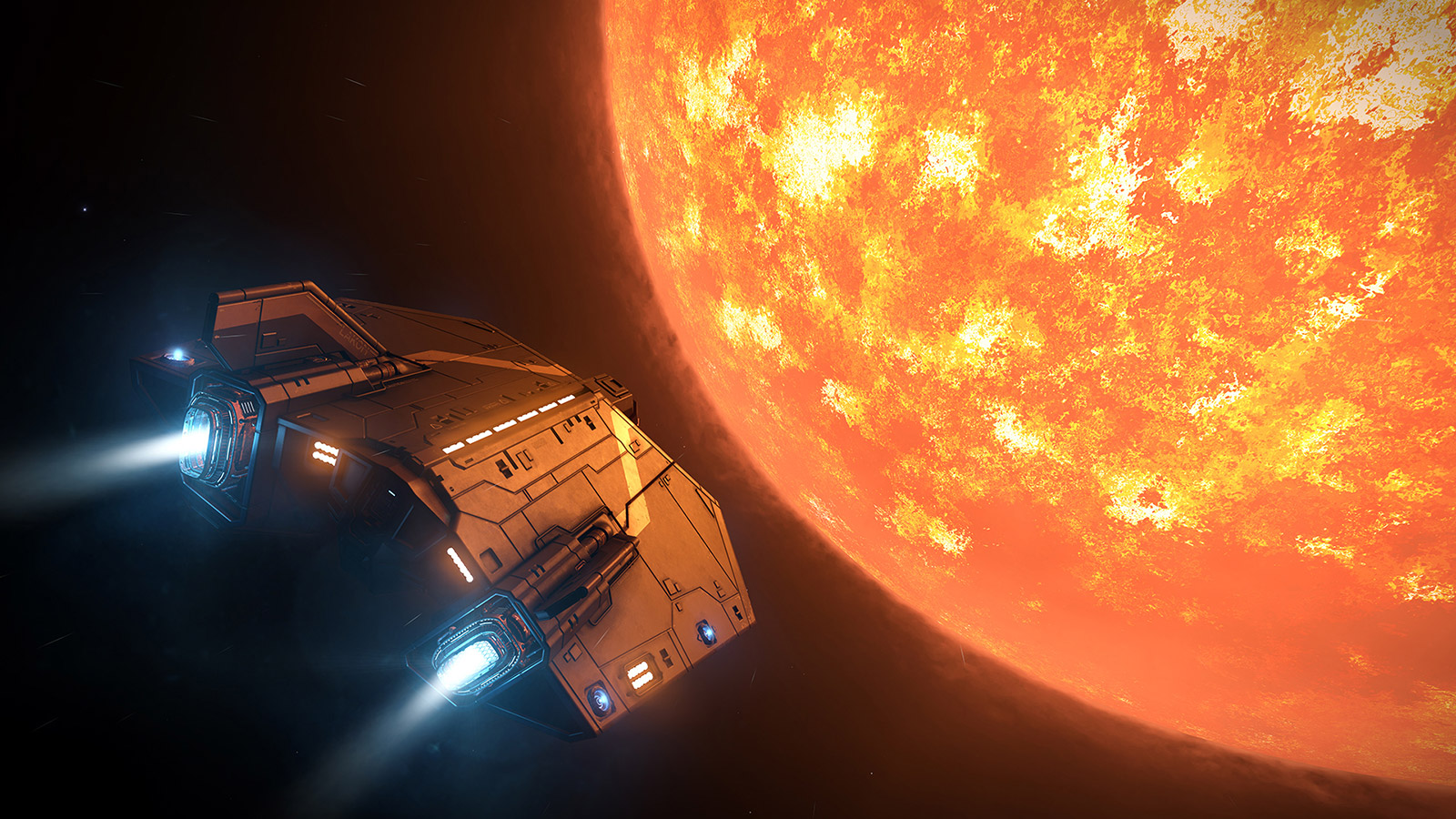
Find all previous PCG Q&As here. Some highlights:
- Where should Assassin's Creed be set next?
- What are the best and worst minigames?
- What does no one understand about a game you love?
Games can really make you think. Often, it'll be about whether the NPC standing next to you will say anything if you try to shoot them in the arse, or what'd happen if you climbed on top of a jeep in a co-op game while your buddy drives it off a cliff. Sometimes, though, they'll make us ponder deeper things. In this week's PCG Q&A, we want to read your answers to the following: what game made you really, really fucking think about life?
We welcome your responses in the comments below, but first, here's what the PC Gamer team had to say about it.
Chris Livingston: The Graveyard
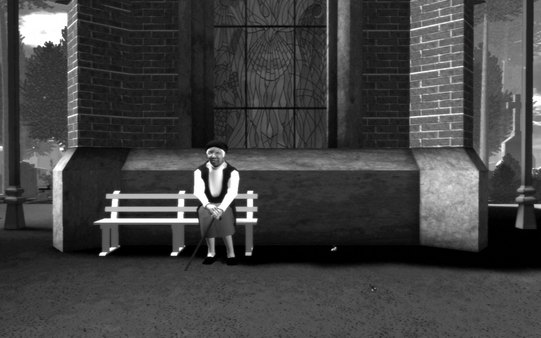
This is a short art game from Tale of Tales. You walk an old woman into a graveyard for a minute, and then she sits on a bench. You listen to a song. Then you just watch her sit there for a while.
I was watching her for a few minutes as she sat there. My cat jumped into my lap, and I took a moment to pet him and then put him back on the floor. When I looked back at the old woman in the game, she was dead. She had died while I was doing something else. I don't know why that disturbed me so much (okay, I do know why). I just sort of sat in my chair for a while thinking.
A couple days later I started the game again and the woman was still dead on the bench. I had to delete it. I couldn't have this poor old woman, forever dead, on my hard drive.
Samuel Roberts: Metal Gear Solid 5 (and 2)
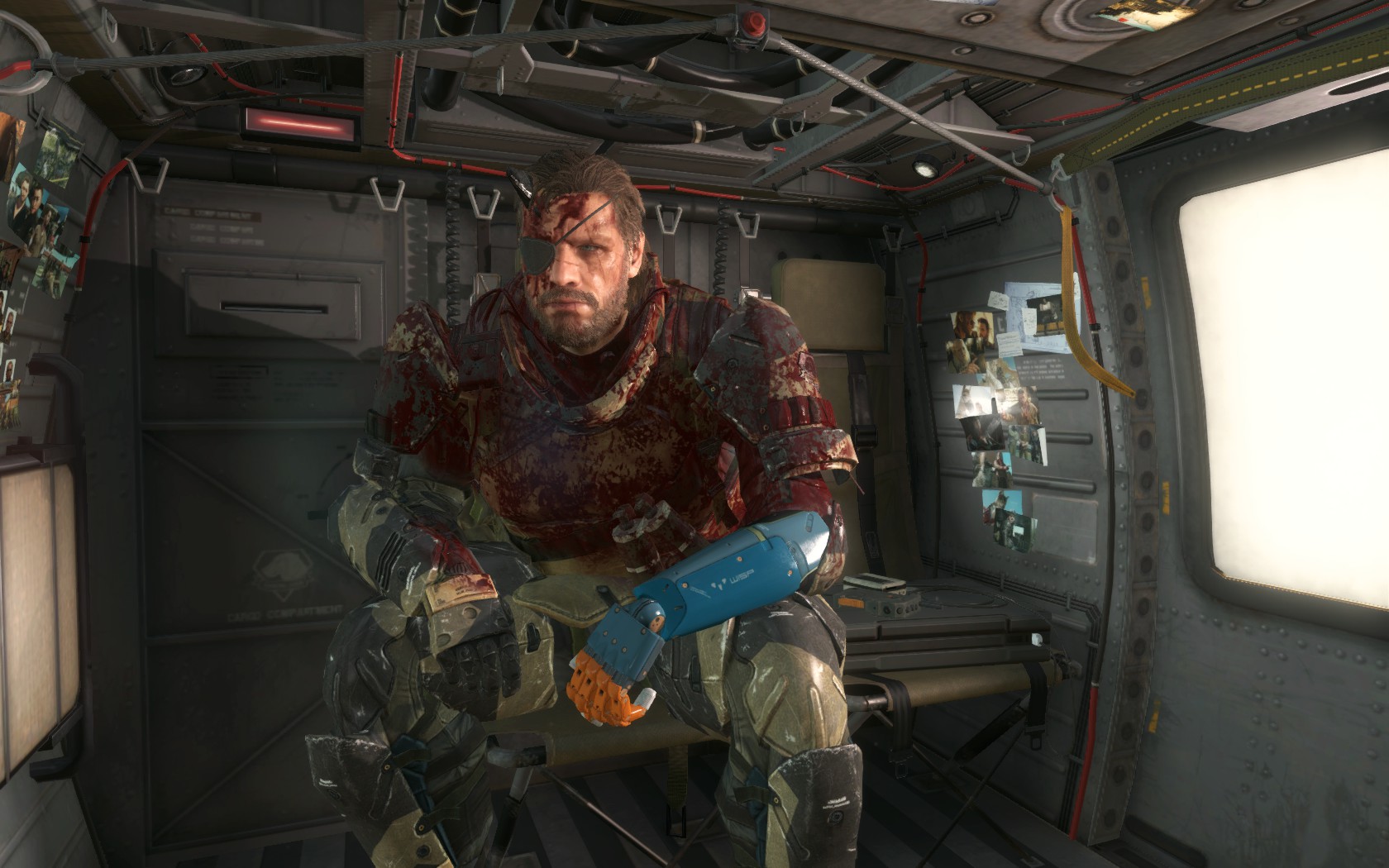
Metal Gear Solid 2 (which came out on PC as MGS2: Substance) is probably the first game that made me sit and properly think about what I'd just played: its exploration of information control and free will ended up being extremely resonant years later, blah, blah, blah.
Sorry, a lot of people have made this point before, so I won't go through it again. The real reason MGS2 made me think about life is that I was 14 when I beat it, and I had too much time on my hands to stop and think about what it all meant. I don't want to give it too much credit, though: after all, you spend its final moments slicing up the former president with a samurai sword while he fires rockets at you out of robotic octopus arms.
Keep up to date with the most important stories and the best deals, as picked by the PC Gamer team.
Metal Gear Solid 5, which has far less story, ultimately to its detriment, also had the same effect. Spoiler-y discussion: A big moment towards the end made me think about how people are mythologised as a result of their actions, and how those people begin to believe in their own myth. In this case, it's the idea of who Snake is: if everyone around you treats you like a legendary soldier, perhaps you'll begin to believe it. And one day, that might be your downfall.
I think you can apply that to a bunch of different things in life. How much of a person is really the person to begin with, and how much of that sense of self is morphed by the way they're perceived by other people?
Anyway, I sat and thought about that for about an hour while drinking chocolate-flavoured beers. Then I wrote this.
Phil Savage: Elite: Dangerous
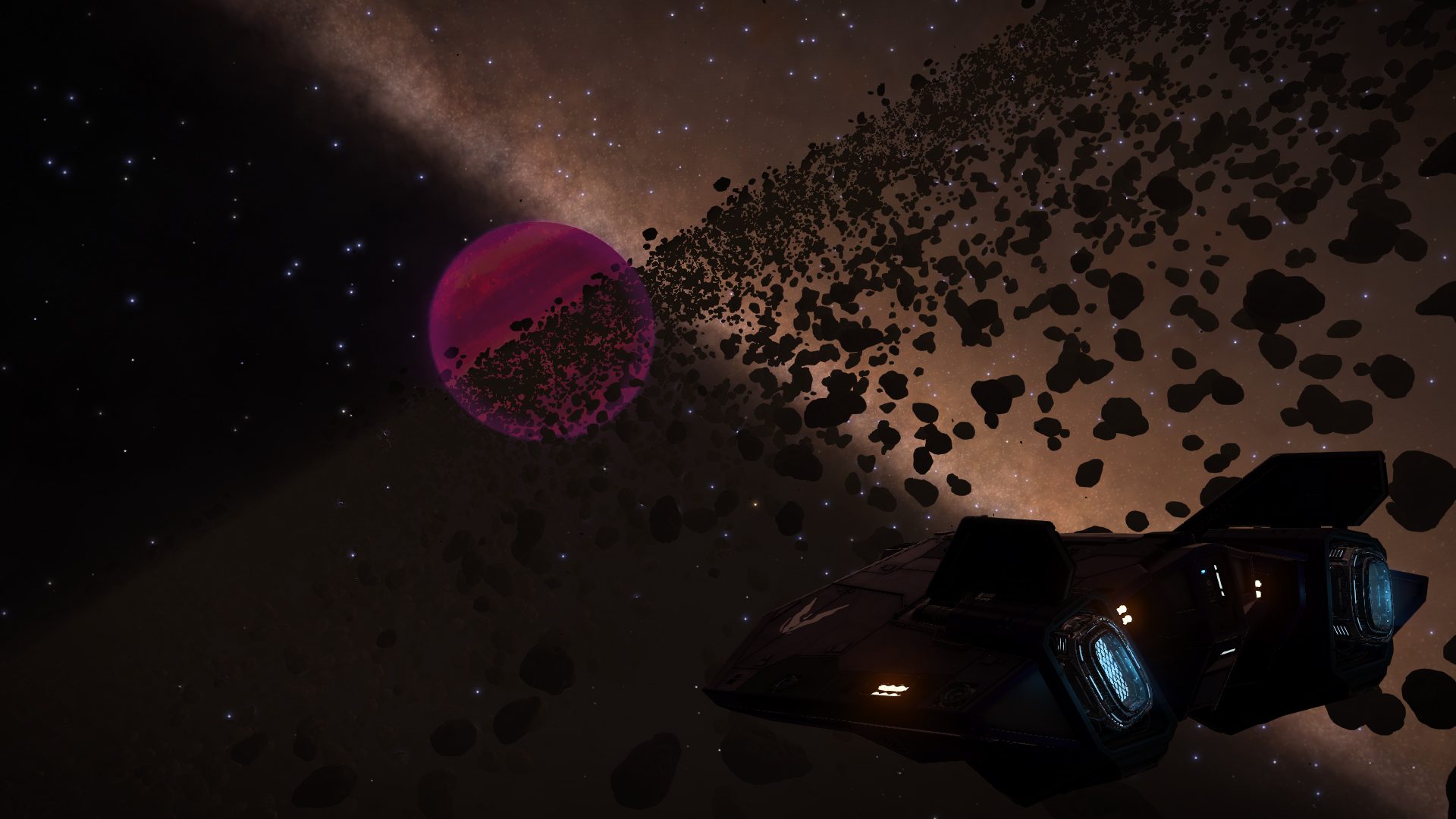
Sure, plenty of narrative games have given me pause for thought—even Saints Row: The Third had me reflecting on the positive aspects of the friendships I'd cultivated. But if we're talking about games that really freak my bean, it's Elite: Dangerous. Not so much the stuff you do; as cool as emerging from hyperspace is, there's no deeper meaning there. What gets me is the map screen. There's just... so much of it. It's so big. It's so dense. You just keep scrolling and scrolling and there are just more and more stars and it's only one galaxy in an infinite universe and we're just so small and insignificant and holy shit what even is existence? And then I somehow manage to reconstruct my tattered sense of perception and finish delivering my cargo of Biowaste to LP 245-10.
Joe Donnelly: Actual Sunlight
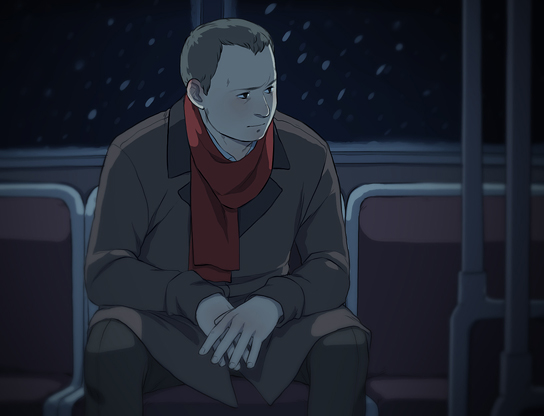
Will O'Neill's debut game Actual Sunlight is a sobering narrative adventure that explores themes of social dysfunction, anxiety and suicide. In 2012, four years after my uncle committed suicide, I sought help from my doctor about my own depression and anxiety, and was later referred to a counsellor and put on a course of antidepressant medication. During this time, I complemented professional help with videogames as a means of escape, not least Actual Sunlight. Despite its sombre tone and subject matter, this game in particular helped me realise that I wasn't alone with my thoughts, and acted as a way of processing my darkest moments. For that I'm forever grateful. As an interactive medium, videogames are a great vehicle for introspection—but can equally help you better understand the world, and, crucially, the people around you.
Tom Senior: Diablo 3
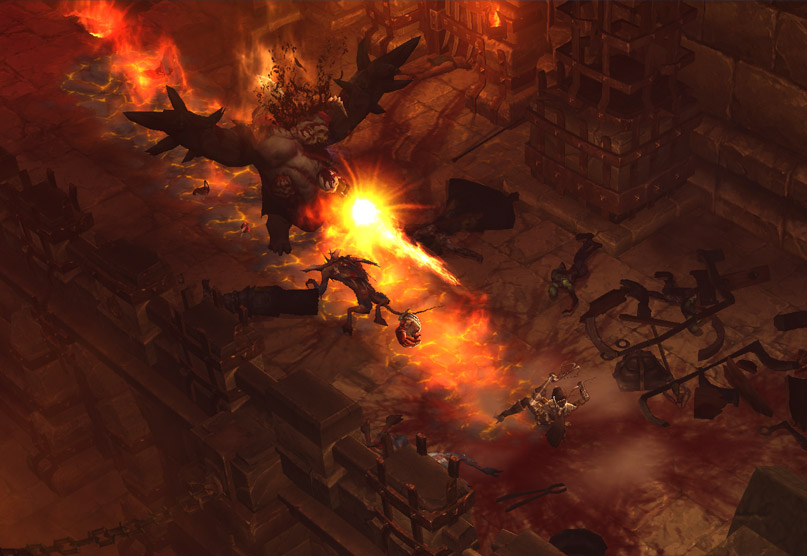
When I was younger I didn't think twice about playing games all hours, but there is a point where you have to start balancing time between multiple pressures. At that point the 'what am I really doing with these precious hours of life' internal conversation happens, and whatever game you're playing at the time becomes the target.
For me it was probably Diablo 3 that really triggered it, because I could always justify playing online in MMOs or other games as social time that happened to involve games. Though I played Diablo 2 with an old friend group and loved it, Diablo 3 ended up being a solitary experience, and as the tiers of Torment-level challenge rolled out before me I realised I had to justify my time on the treadmill. Maybe I could read a book instead? Maybe I can write a book instead? Maybe I can...
And then they released the Necromancer and I played for another hundred hours.
Andy Chalk: Passage
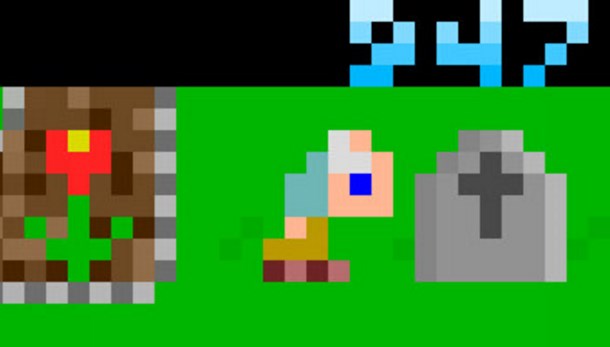
I had no idea what Passage was all about but it seemed fairly straightforward at first: Run around, collect treasure, don't bump into things. Easy-peasy, and throwing in a partner for the journey was a cute touch. I felt clever enough to see the point when the screen started to narrow, and the space behind my couple began to elongate while what lay ahead grew shorter. Then my partner died. No warning, nothing I could do, she was just gone. For all my smugness about "getting it," I did not see that coming, and it was heavy, man. It felt tremendously unfair. Things were going along nicely, and then they weren't, and all that was left was to push forward to the end, alone, along the remains of a short, thin, barren path I couldn't escape from. When it was over, I sat for awhile and thought about replaying, to maybe get a different angle on the experience, but I didn't. It didn't seem right, somehow. I deleted it that night. Never went back.
Yeah, it's heavy-handed and obvious, but dammit, it worked: It was a powerful moment of clarity about the indifference of the universe and the futility of life. I may have sniffled a bit, too.

Chris started playing PC games in the 1980s, started writing about them in the early 2000s, and (finally) started getting paid to write about them in the late 2000s. Following a few years as a regular freelancer, PC Gamer hired him in 2014, probably so he'd stop emailing them asking for more work. Chris has a love-hate relationship with survival games and an unhealthy fascination with the inner lives of NPCs. He's also a fan of offbeat simulation games, mods, and ignoring storylines in RPGs so he can make up his own.

